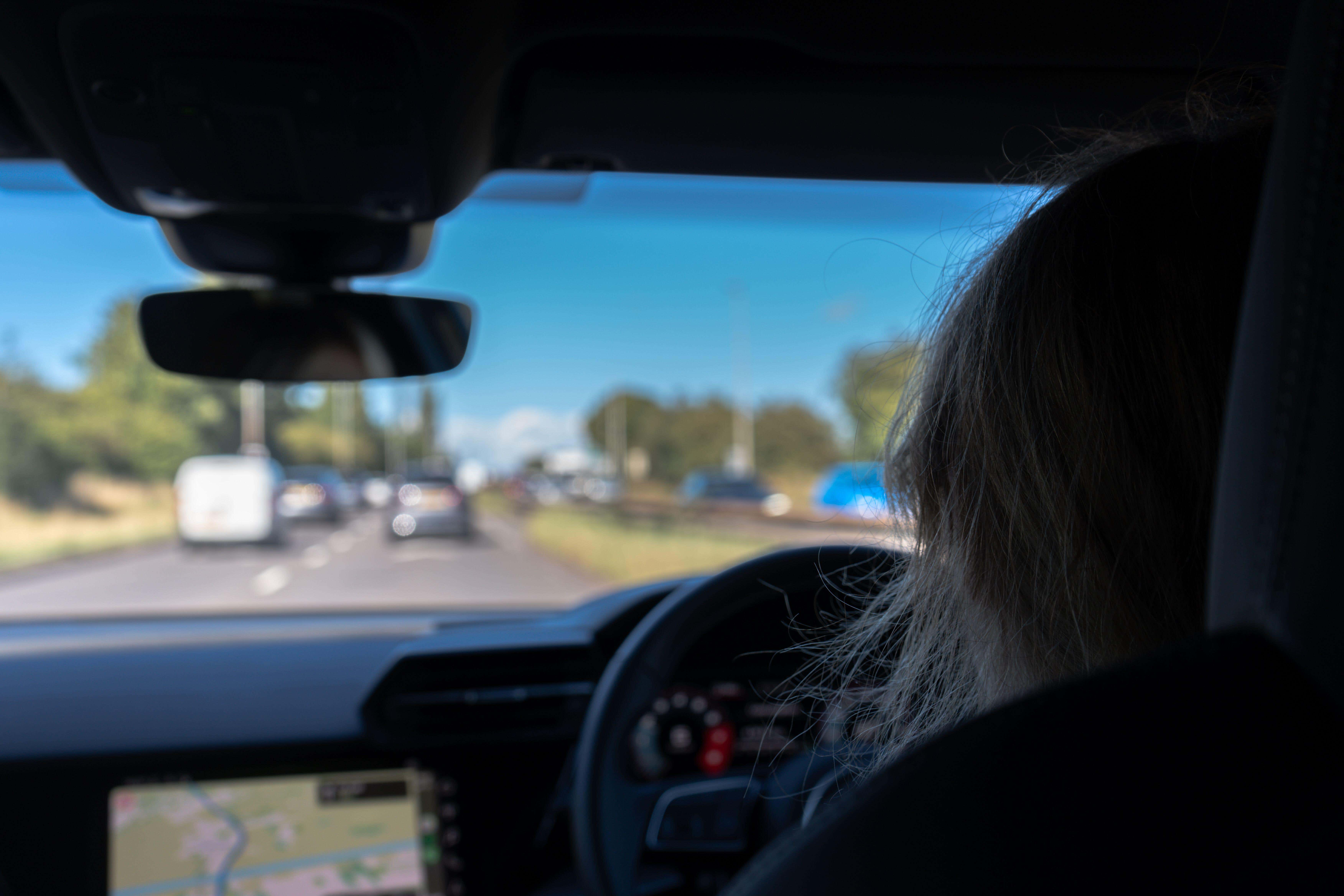Ban new, young drivers from carrying passengers of similar age – AA
To aid police enforcement a ‘G’ should be added to young drivers’ number plates, to highlight that they are a ‘Graduate’ driver, the AA proposed.

New drivers aged under 21 should be banned from carrying passengers of a similar age for six months after passing their test, a motoring organisation has claimed.
The AA said it also wants those motorists to be handed six penalty points for not wearing a seatbelt during the same period, which would mean they lose their licence.
To aid police enforcement a “G” plate should be displayed on young drivers’ cars, to highlight that they are a “graduate” driver, the AA proposed.
Graduated driver licensing has been proven in other countries to significantly reduce road deaths
These measures would be a form of graduated driving licensing (GDL), which is used in several countries, including the US, Canada, Australia and Sweden.
The AA estimated that introducing GDL in the UK would save at least 58 lives and prevent 934 people being seriously injured in road crashes each year.
Department for Transport (DfT) figures show 290 people were killed and 4,669 were seriously injured in crashes on Britain’s roads last year involving at least one driver aged 17-24.
AA chief executive Jakob Pfaudler said: “Not only is this a tragic waste of life, but it contributes to the burden of high insurance premiums for young drivers.
“These premiums should fall when there is evidence of a reduction of young drivers and passengers killed and seriously injured.
“Graduated driver licensing has been proven in other countries to significantly reduce road deaths and serious injuries.
“We are calling on the Transport Secretary to make simple, pragmatic changes to the licensing process so young people are better protected in their first few months of independent driving.”
Under the Conservative government, the DfT announced in July 2019 it was considering introducing GDL in England, but the assessment was halted in autumn 2020, partly because of the potential impact on young people’s employment.
Whilst we are not considering graduated driving licences, we absolutely recognise that young people are disproportionately victims of tragic incidents on our roads, and we are considering other measures to tackle this problem and protect young drivers
The most popular element of the AA’s proposal, according to an online survey of 10,566 of its members, was passenger restrictions, with 33% of respondents saying they would support them.
Edmund King, director of the AA Charitable Trust, said: “The introduction of passenger restrictions would help mitigate the increased risk young drivers have to manage when they have peer-aged passengers travelling with them.
“A six-month restriction is a small price to pay for saving young lives.
“There is a great swell of support for the introduction of GDL so this Government has a real opportunity to make it happen and save lives.
“The very recent inquest into the tragic deaths of four young men is a stark reminder that action needs to be taken to protect young lives, and it needs to be taken sooner rather than later.”
Last week, senior coroner for north-west Wales Kate Robertson raised concerns about young, newly qualified drivers carrying passengers after an inquest into the deaths of four teenagers who drowned when their car rolled into a ditch in November last year.
A DfT spokesperson said: “Every death on our roads is a tragedy and our thoughts remain with the families of everyone who has lost a loved one in this way.
“Whilst we are not considering graduated driving licences, we absolutely recognise that young people are disproportionately victims of tragic incidents on our roads, and we are considering other measures to tackle this problem and protect young drivers.
“That’s why we are committed to delivering a new road safety strategy – the first in over a decade – and will set out next steps on this in due course.”
Bookmark popover
Removed from bookmarks